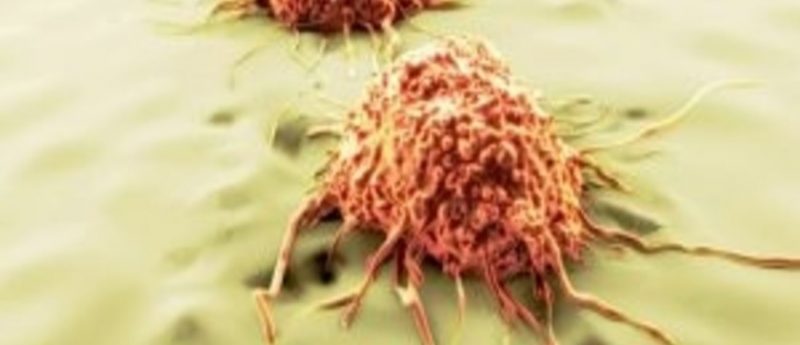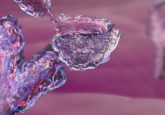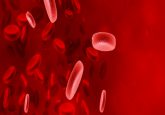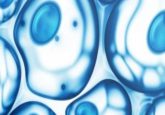Ketone supplements in combination with nontoxic cancer therapy could enhance anticancer effect

A study conducted by researchers from the Hyperbaric Biomedical Research Laboratory at the University of South Florida (USF; FL, USA) reports that administering a novel combination of nontoxic dietary and hyperbaric oxygen therapies in an aggressive cancer model can double survival time. The research, published recently in PLOS ONE, reveals the potentially beneficial effects of using ketone supplements in conjunction with a nontoxic therapeutic regimen.
The team’s previous findings, also published in PLOS ONE, demonstrated the anticancer effects of therapeutic ketosis induced by the high-fat, low-carbohydrate ketogenic diet (KD) combined with breathing high-pressure oxygen in hyperbaric oxygen therapy (HBOT). They induced ketosis by creating novel metabolic agents that induce ketosis without any restriction to the diet, resulting in slower cancer growth and enhanced results from KD and HTOC.
Therapeutic ketosis is known to cause a shift from utilizing glucose to utilizing fatty acids and ketones for energy. As the body then burns fat instead of carbohydrates, ketones are produced.
While healthy cells can adapt to using ketones for fuel, many cancer cells lack this ability. Solid tumors have hypoxic areas that promote tumor growth and spread. However HBOT, which involves breathing 100% oxygen at an elevated barometric pressure, results in the saturation of the tumor with oxygen. Ketosis and HBOT remain nontoxic, as long as they are administered with correct guidance. Scientists have suggested that they may even protect healthy tissues while simultaneously damaging cancer cells.
In the USF’s most recent research, principal investigator Dominic D’Agostino and his team investigated the effects of high-carbohydrate or carbohydrate-restricted ketogenic diets combined with ketone supplements and HBOT in mice. Those that received HBOT alongside KD and ketone supplements lived 103% longer than mice that were fed a high-carbohydrate diet.
The study results suggest that nontoxic therapies have potential to contribute to current cancer treatments and improve overall patient outcomes. Other research is focused upon the benefits of the physiological state of therapeutic ketosis for several major diseases. Ongoing studies are also being conducted to investigate the use of novel ketone supplements in other disorders such as epilepsy, Alzheimer’s disease, GLUT1 deficiency syndrome, and exercise performance.
Sources: Poff AM, Ward N, Seyfried TN, Arnold P, D’Agostino DP. Non-toxic metabolic management of metastatic cancer in VM mice: novel combination of ketogenic diet, ketone supplementation, and hyperbaric oxygen therapy. PLOS ONE. 10 (6): e0127407 DOI: 10.1371/journal.pone.0127407 (2015); University of South Florida press release




